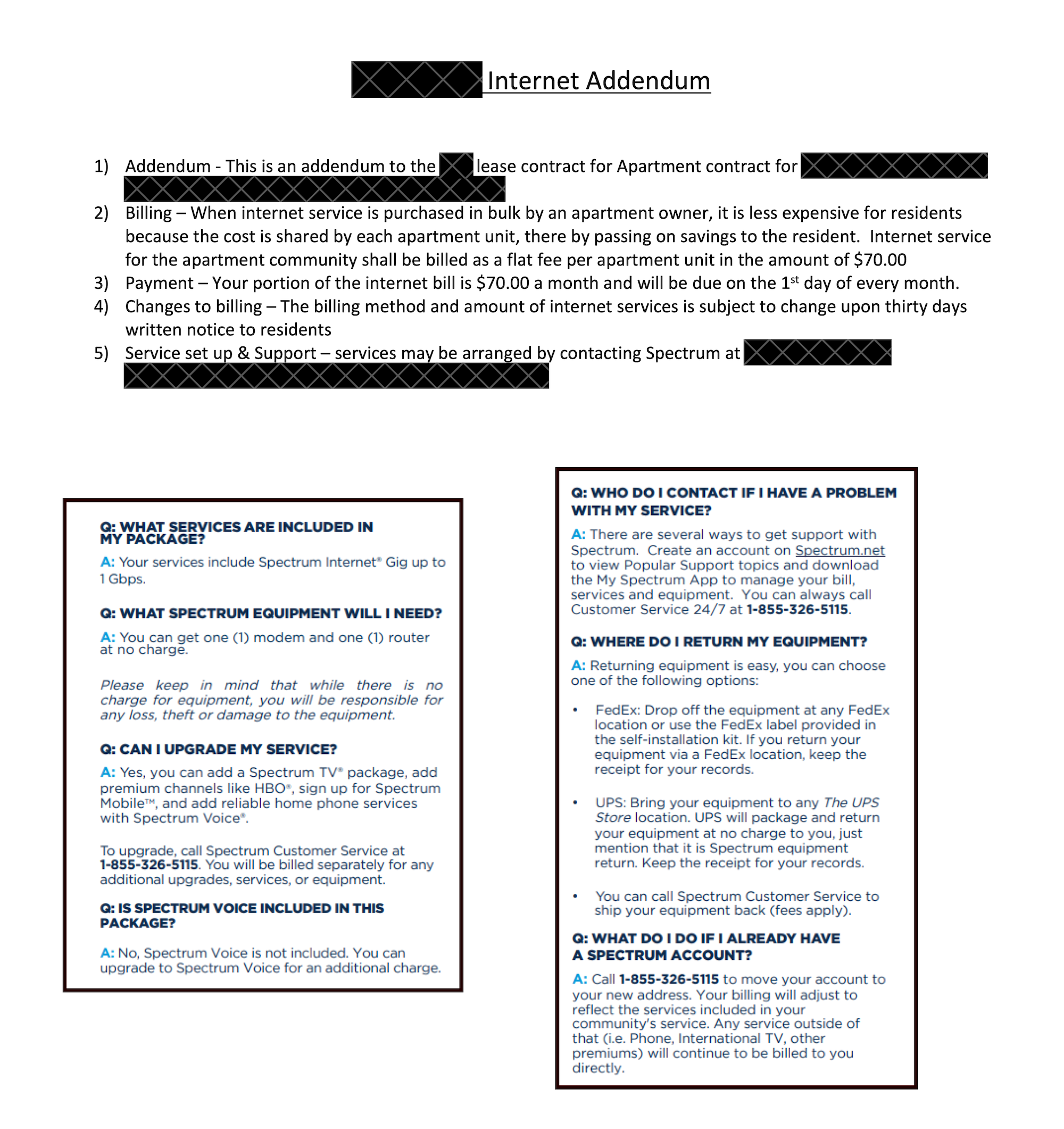One successful approach for overseeing utilities in multi-unit units is the implementation of intelligent meters. Intelligent measurement devices provide real-time information on power and H2O usage. This data allows building managers to identify patterns and patterns in utility consumption. For example, if a particular unit consumes significantly greater water than others, the manager can examine possible drips or motivate the tenant to embrace more water-efficient habits. Through tackling these issues quickly, administrators can reduce loss and lower service expenses for all tenants.

Another crucial element of cloud utility management is the adoption of energy-efficient technologies. Many multi-unit units can gain from energy-efficient illumination, heating, and cooling systems. These solutions not only lower energy use but also lower utility costs. Property administrators can utilize cloud-based platforms to monitor the efficiency of these next technologies and implement adjustments as required. For example, if a heating system is not functioning functioning efficiently, the manager can schedule repairs or upgrades to ensure maximum performance.
In addition to intelligent meters and eco-friendly technologies, digital utility management can improve interaction between property managers and tenants. A digital system can offer residents with visibility to their service usage data, enabling them to track their consumption. This openness motivates residents to be more mindful of their resource consumption. Furthermore, building managers can distribute notifications about maintenance timing, eco-friendly advice, or neighborhood events through the system. Improved interaction cultivates a sense of togetherness and motivates residents to participate in utility-saving efforts.
Ultimately, adopting digital resource administration strategies can lead to a more sustainable residential environment. By enhancing utility consumption, multi-dwelling buildings can considerably lower their environmental impact. This is crucial not just for the tenants but also for the environment. As more an increasing number of individuals grow aware of environmental concerns, they are likely to appreciate living in a building that prioritizes eco-friendliness. Property administrators who adopt these approaches can draw in eco-conscious conscious residents, improving the building's reputation and potentially increasing its value. Overall, effective cloud resource management is crucial for establishing effective, pleasant, and sustainable residential environments in multi-dwelling buildings.